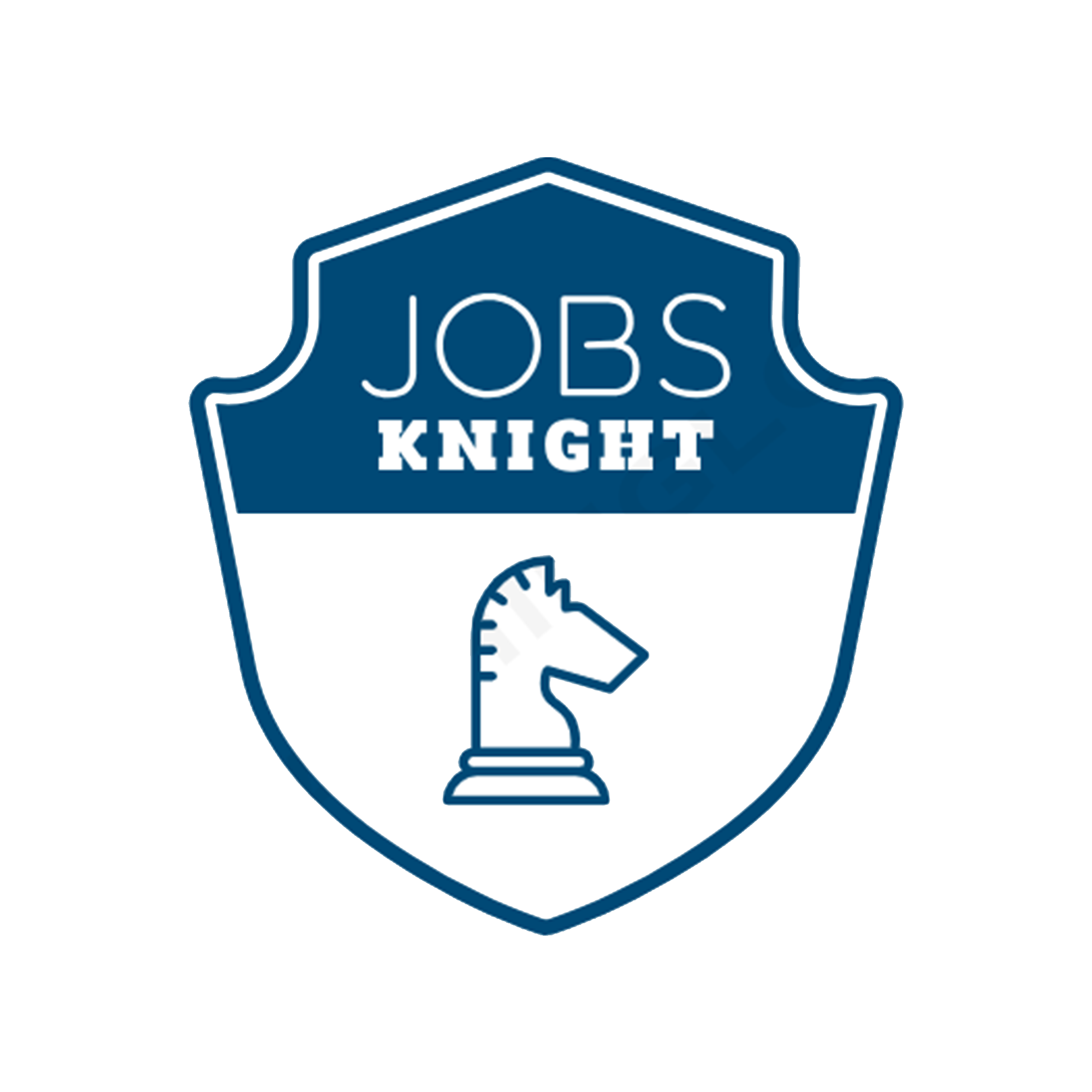Despite the flowery, seemingly revolutionary outlook the corporate world has for Generative AI, a recent study by Deloitte has opened the eyes of many, showing a lack of skilled enough workers to facilitate the high AI expectations.
An AI Study by Deloitte on how Generative Artificial Intelligence can be integrated and utilized in German companies not only showed immense expectations but also significant obstacles. Despite a grand 91% of the managers participating in the study predicting an increase in productivity through AI, a staggering 41% are faced with a serious shortage of qualified experts to make optimal and efficient Generative AI solutions. The demand therefore, lies in the acquisition of Generative AI specialists, than the quick adoption of Generative AI into company processes instead.
A lack of Skilled Experts Hinders the Productivity Potential
The discrepancy between the positive and high expectations of AI, and the practical challenges that face its adoption is striking. On the one side, almost all German managers recognize the potential of AI to optimize work processes and increase efficiency. On the other hand, as per the study, only 27 percent feel well prepared for implementation, which indicates a critical gap in personnel development. A shortage of experts is hindering the development of AI in most companies, and few managers are prepared to take any financial risks regarding its deployment, without the necessary specialists. Investments in AI are high, as one would expect, with 78% of companies looking to increase their budget, a third even by more than 20%.
Another interesting aspect of the study is the perception of the threat of AI, which seems to be less pronounced in Germany than in other regions. While many companies worldwide see AI as a potential threat to existing business models, as well as its employees, 50% of German executives see little or no threat. This could be due to a differentiated assessment of the technology or an adaptation to the digital transformation that has already taken place in Germany.
AI in Germany
With increasing efficiency and cost reduction in the foreground of AI in Germany, its innovation and growth potential is not yet fully exploited. This is reflected in the study, in which only 33% of German companies state that they want to use AI for the purposes of innovation and growth.
Challenges in the needed expertise as well as risk management remain critical points that German businesses must address in order to secure their competitiveness in the rapidly developing global AI landscape. The study underlines the need to promote comprehensive educational programs and strategic partnerships targeted towards deepening AI expertise and strengthening technological and human resources.
Study Summary
The results of the Deloitte study show that despite the highly positive expectations regarding Generative AI, German companies face a great challenge in order to take maximum advantage of this disruptive technology. Most companies are short-handed in the AI space, and lack the needed specialists that are required to drive this technology in the most efficient and most optimal way.
For the study, more than 2,800 executives were surveyed worldwide between October and December 2023, who are responsible for the implementation of generative AI in their companies – including 150 AI managers in Germany.
Check out recent AI Jobs at Intel in Germany here





